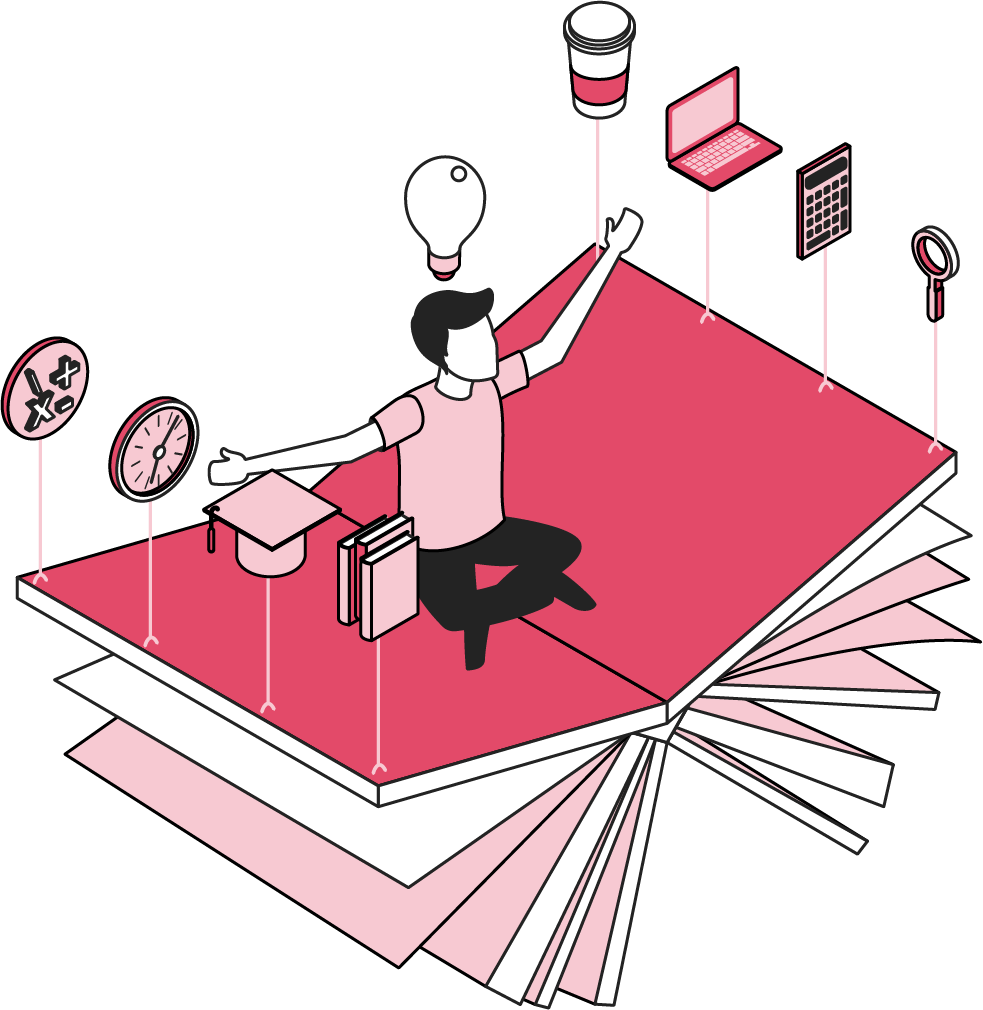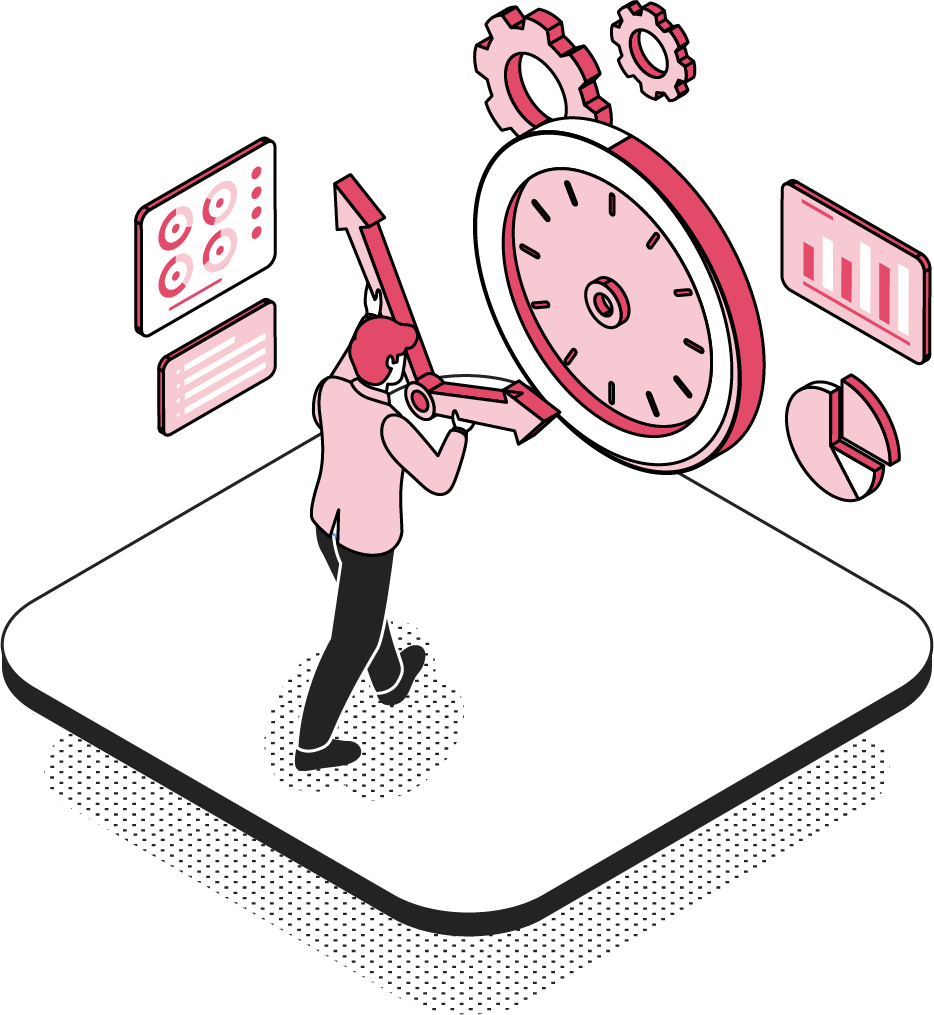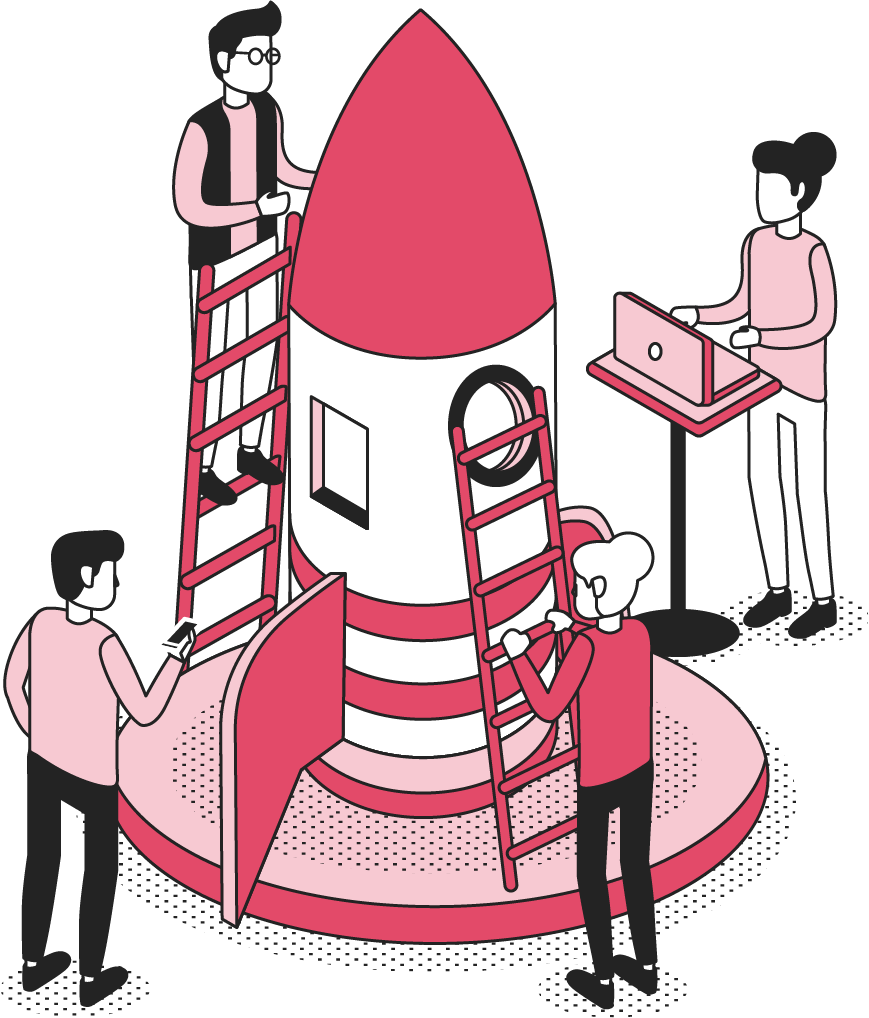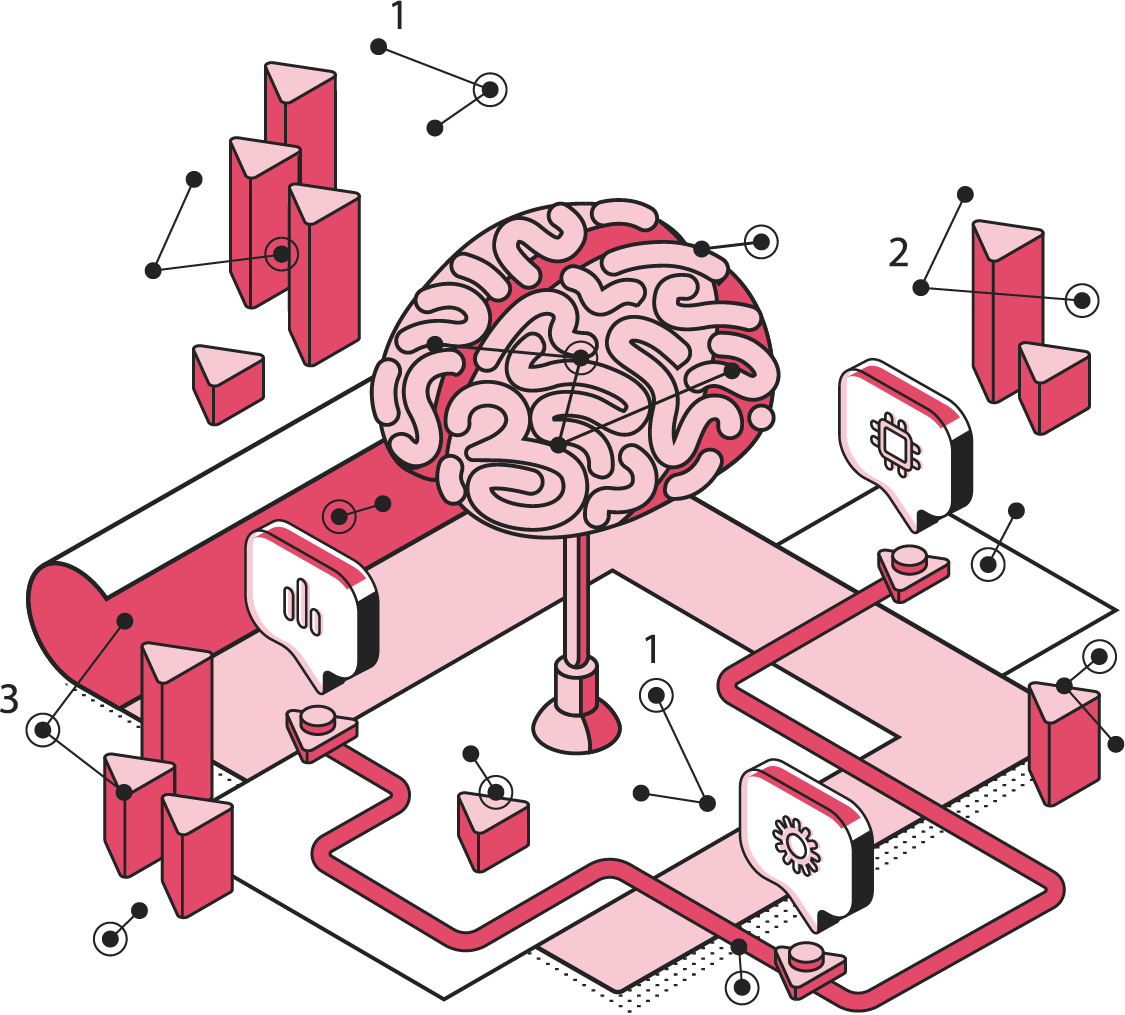The GLS Legal Operations Centre
Intelligence, resources and execution support
Transformation Tube Map
Knowledge Centre
Legal Dept.
Resources
Managed Legal Services
Members
Resources
Legal Ops
Community
Back
Return Services
What Is It
The Return Services Station is the final phase in the managed legal services (MLS) lifecycle - the structured transition of legal work back to the in-house team or to a new provider. It is the moment where the MLS provider steps back, and the legal department resumes direct control of the function.
But at GLS, return services are never just a handover. They are a strategic upgrade. We ensure that what is returned is significantly better than what was taken over - with improved workflows, optimised documentation, calibrated tools, and enhanced team capability. In many cases, our clients choose not to take the service back at all - because the GLS-delivered MLS has become the new benchmark.
This station is about continuity, capability, and control. It ensures that the legal department can resume operations without disruption, and with the benefit of everything learned and improved during the MLS engagement. It’s not just about ending a service - it’s about completing a transformation.
Return Services also provide a critical feedback loop. They allow legal teams to assess what worked, what changed, and what can be applied elsewhere. At GLS, we treat every return as a learning opportunity - and a chance to raise the bar for legal service delivery.
Scope
The scope of the Return Services Station typically includes:
◼️Transition Planning: Defining the timeline, scope, and responsibilities for service handback.
◼️Knowledge Transfer: Documenting and transferring insights, workflows, and tools developed during MLS delivery.
◼️Process Continuity: Ensuring legal operations continue seamlessly post-transition.
◼️Capability Uplift: Returning a function that is more efficient, standardised, and scalable.
◼️Tool Integration: Embedding upgraded assets (e.g. clause banks, playbooks) into in-house systems.
◼️Stakeholder Communication: Informing business units of the transition and new engagement protocols.
◼️Risk Management: Ensuring compliance and governance standards are maintained throughout.
◼️Post-Return Review: Assessing outcomes and identifying opportunities for further improvement.
Resource Status
The Return Services station is considered a Specialist resource within the GLS Legal Operations model.
A Foundational Resource: Is responsible for determining the overall performance capabilities of a “critical” legal function. If it is not optimised, the function can never be optimised.
A Repeater Resource: Supports the performance of multiple "critical" legal functions and as such represents a "ripple effect" productivity intervention point.
A Specialist Resource: Is responsible for driving the performance of a very specific part of an individual legal function. Its productivity contribution is limited to that single legal function.
Best Practice Features
The best practice features of the Return Services Station are as follows:
◼️Structured Transition Plan: Clear roadmap for returning services without disruption.
◼️Upgraded Functionality: Legal processes are returned in a more optimised state.
◼️Knowledge Capture: Insights and improvements are documented and transferred.
◼️Tool Embedding: Assets developed during MLS are integrated into in-house systems.
◼️Stakeholder Alignment: Business units are informed and supported throughout the transition.
◼️Governance Compliance: Legal standards and risk thresholds are maintained.
◼️Performance Review: Outcomes are assessed to inform future transformation efforts.
◼️Optional Continuation: Clients retain the option to continue with GLS if the upgraded service proves more effective.
Business Value
The Return Services Station delivers the following value to the Business:
◼️Improved Service Quality: Legal functions are returned in a better state than received.
◼️Reduced Operational Risk: Structured transition ensures continuity and compliance.
◼️Enhanced Business Confidence: Stakeholders see legal as capable and transformation-ready.
◼️Scalable Legal Support: Returned processes are more efficient and easier to expand.
◼️Smarter Investment Decisions: Post-return review informs future resourcing and strategy.
◼️Faster Deal Execution: Optimised workflows continue to deliver speed and consistency.
◼️Tool Retention: Business retains access to upgraded legal assets developed during MLS.
◼️Transformation Legacy: Improvements made during MLS engagement continue to deliver value.
Legal Department Value
The optimisation of this Station will build value in the legal department in the following ways:
◼️Capability Uplift: Legal teams inherit improved processes, tools, and documentation.
◼️Operational Continuity: Legal services continue seamlessly post-transition.
◼️Knowledge Retention: Insights from MLS delivery are captured and embedded.
◼️Team Confidence: Legal professionals resume control with enhanced capability.
◼️Governance Assurance: Compliance and risk standards are maintained throughout.
◼️Transformation Momentum: Return services reinforce the value of legal change.
◼️Scalable Infrastructure: Returned functions are easier to expand and optimise.
◼️Strategic Clarity: Legal teams gain insight into what works and where to improve next.
Who Needs It
The Return Services Station is essential for:
◼️Legal departments seeking to implement managed legal services
◼️Teams undergoing legal transformation or restructuring
◼️Legal operations professionals designing scalable service models
◼️GCs and Heads of Legal aligning legal support with business strategy
◼️Procurement functions looking to streamline and reduce costs
Productivity Consequences
A legal team operating without a Return Services Station will face a wide range of inefficiencies including:
◼️Disrupted Service Continuity: Legal workflows stall during transition.
◼️Lost Knowledge: Insights and improvements from MLS delivery are not captured.
◼️Reduced Capability: Legal teams resume control without upgraded tools or processes.
◼️Stakeholder Confusion: Business units are unclear on new engagement protocols.
◼️Compliance Risk: Transition may breach governance or regulatory standards.
◼️Transformation Regression: Improvements made during MLS are lost or diluted.
◼️Low Team Confidence: Legal professionals feel unprepared to resume control.
◼️Missed Learning Opportunities: No review or reflection on MLS outcomes.
Tech Implication
The Return Services Station has a strong tech profile:
◼️Tool Integration: Clause banks, playbooks, and templates must be embedded into in-house systems.
◼️Knowledge Transfer Platforms: Digital tools support documentation and training.
◼️Workflow Continuity Systems: Tech ensures seamless transition of legal processes.
◼️Performance Dashboards: Data from MLS delivery informs post-return review.
◼️Security Protocols: Data protection and confidentiality must be maintained throughout.
◼️Automation Retention: Automated workflows developed during MLS must be preserved.
◼️Scalability Infrastructure: Tech must support future expansion of returned functions.
◼️Collaboration Tools: Platforms enable smooth handover between provider and legal team.
What Next?
Full details of our core managed legal services offering can be found here in our detailed GLS Managed Legal Service Overview offering overview.
If you would like us to scope the potential for your legal team to implement a managed legal service for contracting support - please feel free to utilise our online managed legal service diagnostic tool.
By answering some basic needs criteria we can give you a view of whether such a solution might make sense.
Feel free to explore each of the critical resource enablers that are comprised of an optimally performing Managed Legal Services Line by clicking on the interactive map at the top of the page.
Visit each Station for in-depth analysis of what it takes to make this in-house function really perform. Or you can go back to the overall GLS Legal Transformation Tube Map.
In most cases, the GLS Legal Operations Centre contains everything you need to effectively optimise your Managed Legal Services Line yourself – or feel free to reach out to us – and we can do it for/with you.
Feel free to contact GLS to book a consult to discuss your Managed Legal Services Line optimisation needs right here.

The GLS Legal Operations Centre
Register to access your complimentary Day 1 Resource Stack packed with legal team performance resources.

GLS Ultimate Guide To Legal Operations
Download this and read it thoroughly and regularly. It is a wonderful transformation companion.

Book A No-Obligation Consultation
If you would like discuss your legal transformation needs, please book a 30 minute free consultation with us.

GLS Legal Transformation Boot Camp
Our hugely successful, 10-week long, email-based boot camp on how to effectively transform your legal team.




